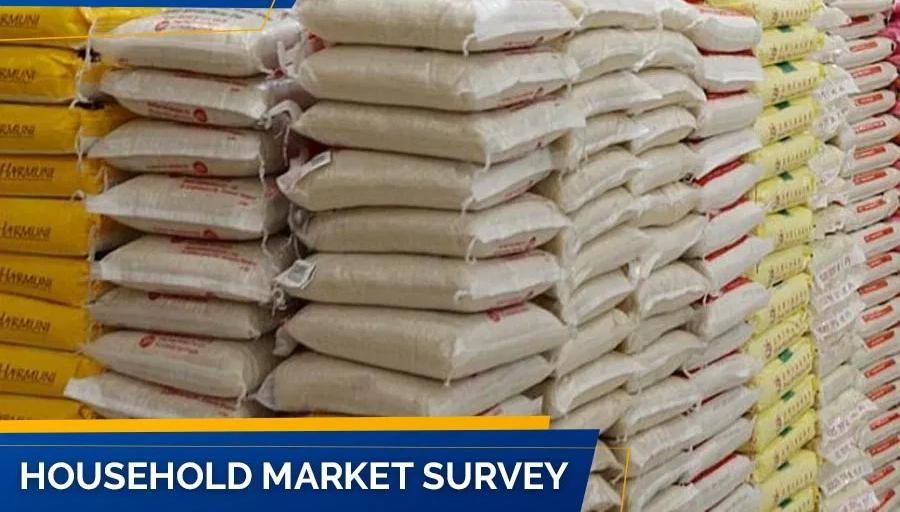The SBM Jollof Index for Q1 2020, which was recently released, has shown that Nigerians are spending more on food items amid the Coronavirus lockdown.
The report by SBM Intelligence is a composite index which tracks the prices of the main ingredients used in the preparation of a pot of Jollof rice for a hypothetical family of six.
Note that jollof rice was selected for this research because of its near unrivalled distinction of being a delicacy in virtually everypart of Nigeria.
Commenting on the latest findings, SBM Intelligence said it believes that the latest report is a true representation of Nigeria’s current inflationary trends.
According to the report, the prices of local and foreign rice spiked in Abuja, Anambra, Calabar, and Lagos states after the announcement of movement restriction in some parts of the county.
The increase in prices is attributed to the disruption of the supply chain. This is because big markets in Lagos, Abuja and Port Harcourt are all closed, thereby forcing stores to source for goods directly from the hinterland.
At the moment, a bag of foreign rice that was initially sold for an average of N26,000 at Wuse market in Abuja has spiked by 7.69% to now sell for an average of N28,000.
A 8.11% price increase has also been recorded for local rice which has gone from an average of N18,500 to N20,000.
It is worth noting that the index experienced a spike in August 2019, driven by the border closure policy. However, the spike stabilized over time as Nigerians made adjustments by shifting attention to locally made products.
Unfortunately, the COVID-19 pandemic has caused a change in scenery, representing the single most disruptive determinant affecting food prices in the country.
The lockdown in Abuja, Lagos and Ogun brought about panic buying by Nigerian consumers, thereby causing the hike in price by distributors and sellers.
Commodities such as garri, rice and tomatoes increased by 122% in Ibadan, 100% in Anambra and 114% in Port Harcourt, as itemized in the report.
Concerns over further increase: As the pandemic seems to be getting worse by the day with no immediate end in sight, consumers are adviced to prepare for even more price increases.
As at the time of writing this article, Nigeria has recorded 238 confirmed cases of COVID-19 with, with other potential cases still currently being tracked across the country.
Source: Nairametrics.com




